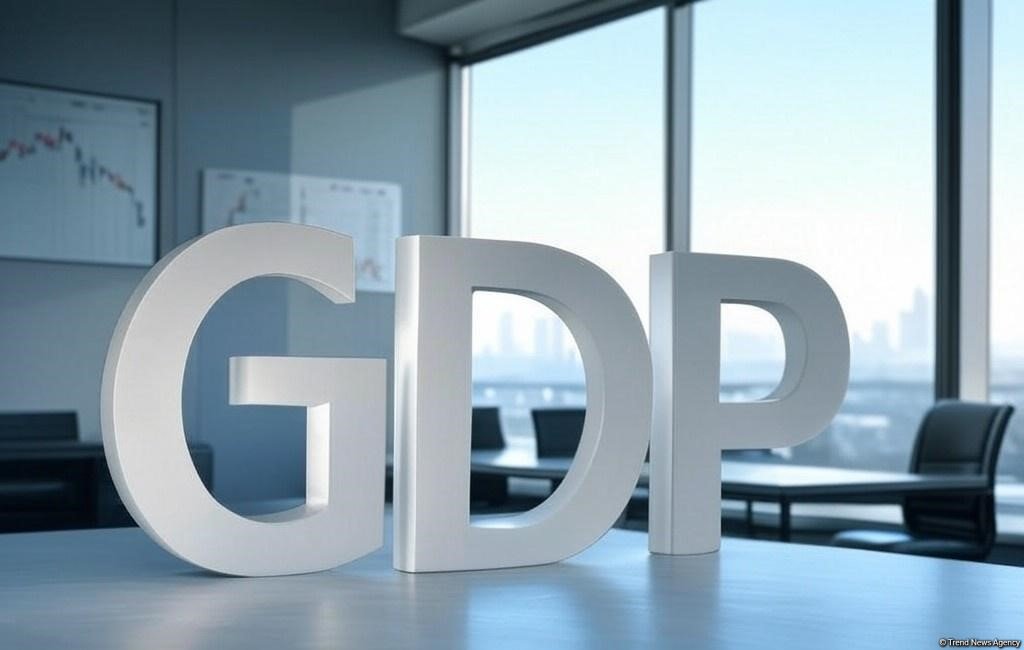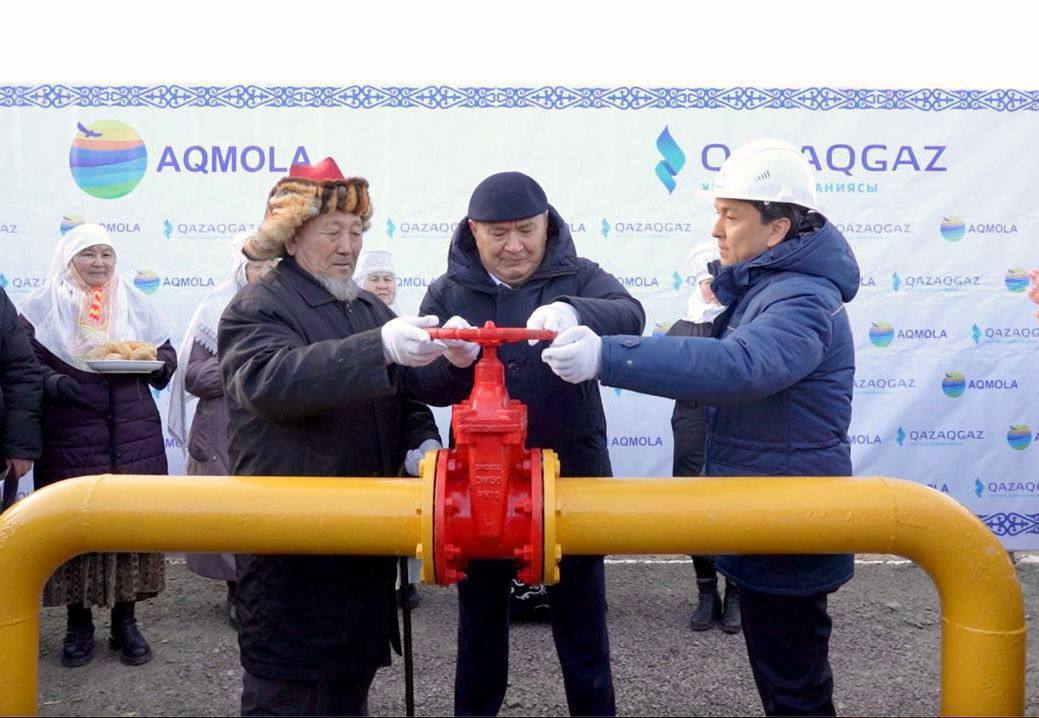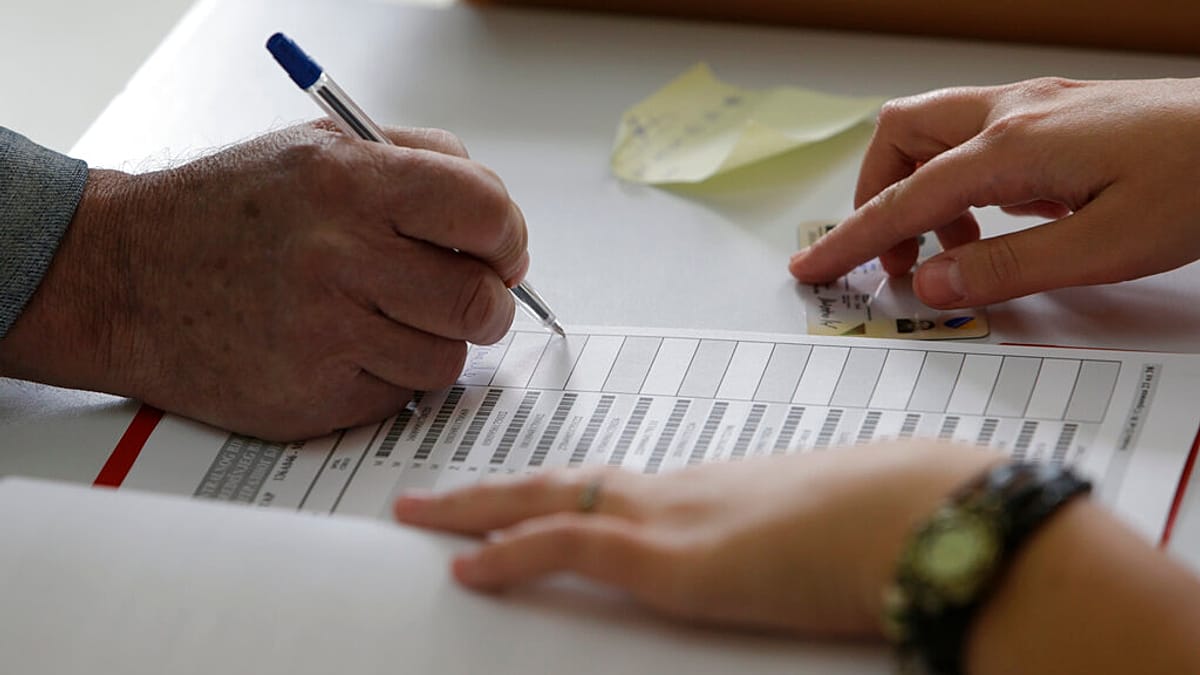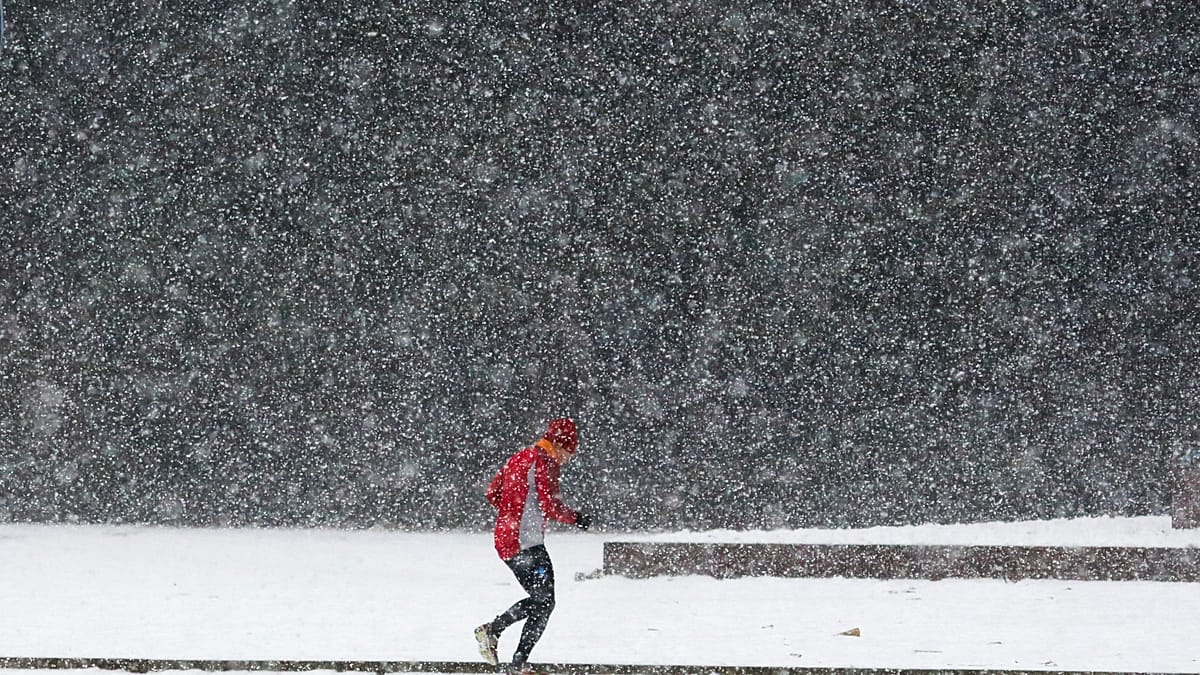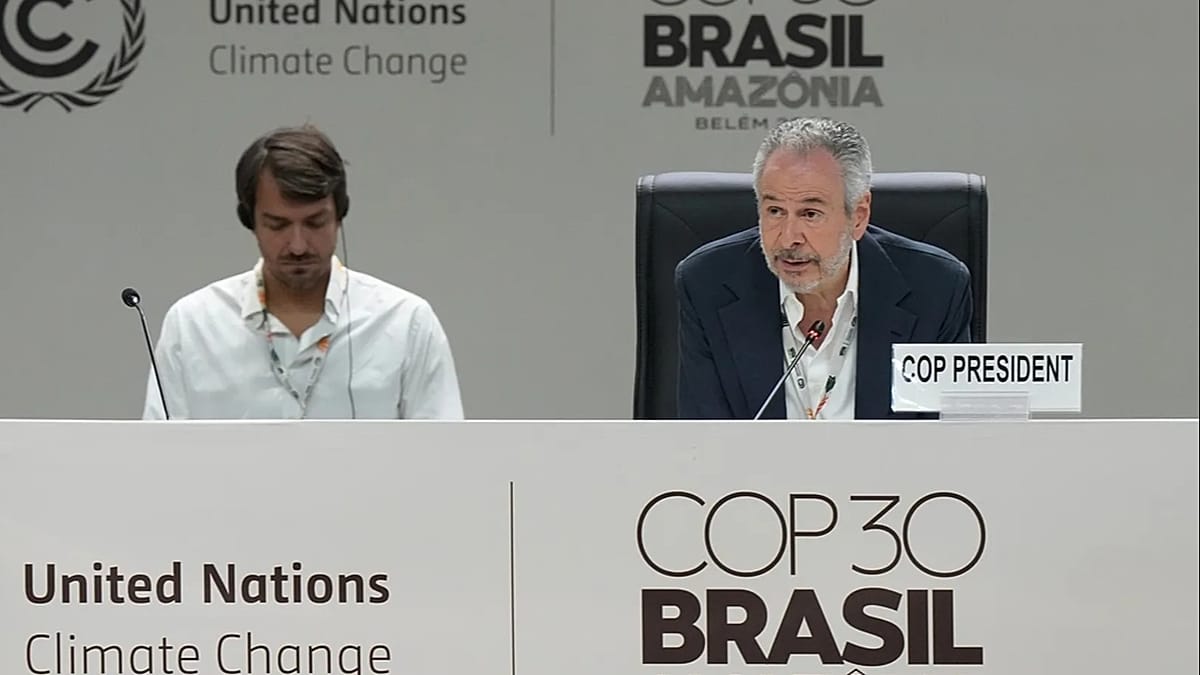Customs union reform a step closer, Netherlands satisfied

LUXEMBOURG – The current legislation dates back to 1968 and is therefore not tailored to today’s trade flows. “We are struggling with e-commerce with an enormous amount of packages,” said Van Oostenbruggen. Approximately one billion packages enter Europe each year. One-fifth to a quarter of that comes through Schiphol and the ports of the Netherlands, and thus into the EU. “With the rise of Chinese platforms, customs is really overwhelmed.”
The new rules will also improve the control of packages, so that, for example, products with prohibited substances do not enter the EU market.
“More than half of the packages contain incorrect items. Unsafe, counterfeit, drugs, something that does not meet European standards. That is bad for the safety of our citizens, but also bad for our companies that compete with these Chinese platforms.”
The allocation of costs for checking the packages will, to the satisfaction of the state secretary, also be regulated at the European level in the new law. That bill will fall on the platforms that send the packages.
Important to Van Oostenbruggen is that the data exchange between the 27 customs authorities is improved. “This way, you can much better anticipate goods flows and ensure that you remove the bad products, the bad suppliers, and the bad importers.”
Van Oostenbruggen expects that due to all these measures, more packages will be removed from the market and that the number of packages currently flooding the European market will decrease.
(June 20, 2025)

